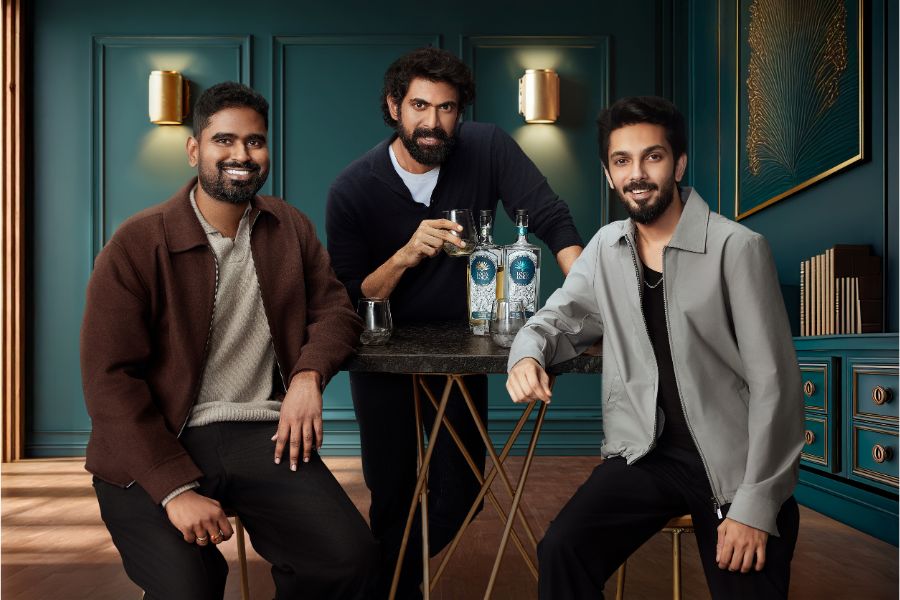Loca Loka bets on India’s premium tequila wave with measured rollout
Can its blend of global heritage, local cultural narrative, and controlled rollout strategy move beyond curiosity?
by Vinita Bhatia

To continue enjoying this content, please sign in below. You can register for free for limited further access or subscribe now for full access to all out content.
Sign In
Trouble signing in?
Register for free
✓ Access limited free articles each month
✓ Email bulletins – top industry news and insights delivered straight to your inbox
Subscribe
✓ All the latest local and global industry news
✓ The most inspirational and innovative campaigns
✓ Interviews and opinion from leading industry figures
